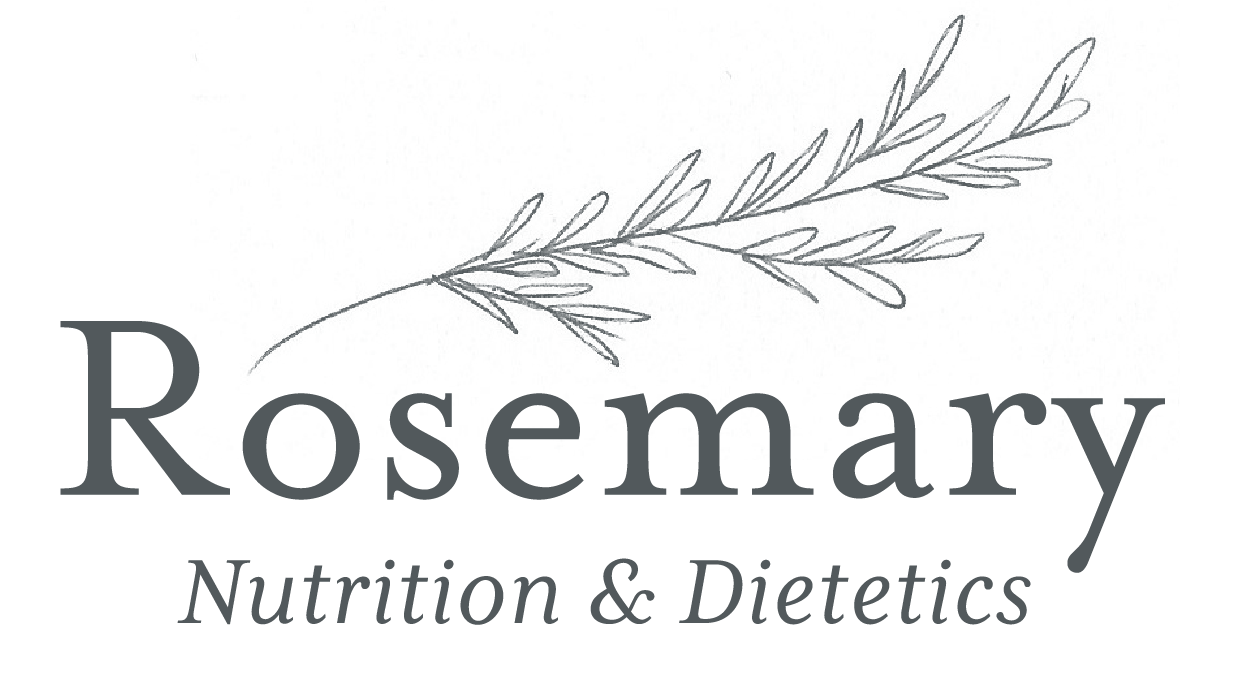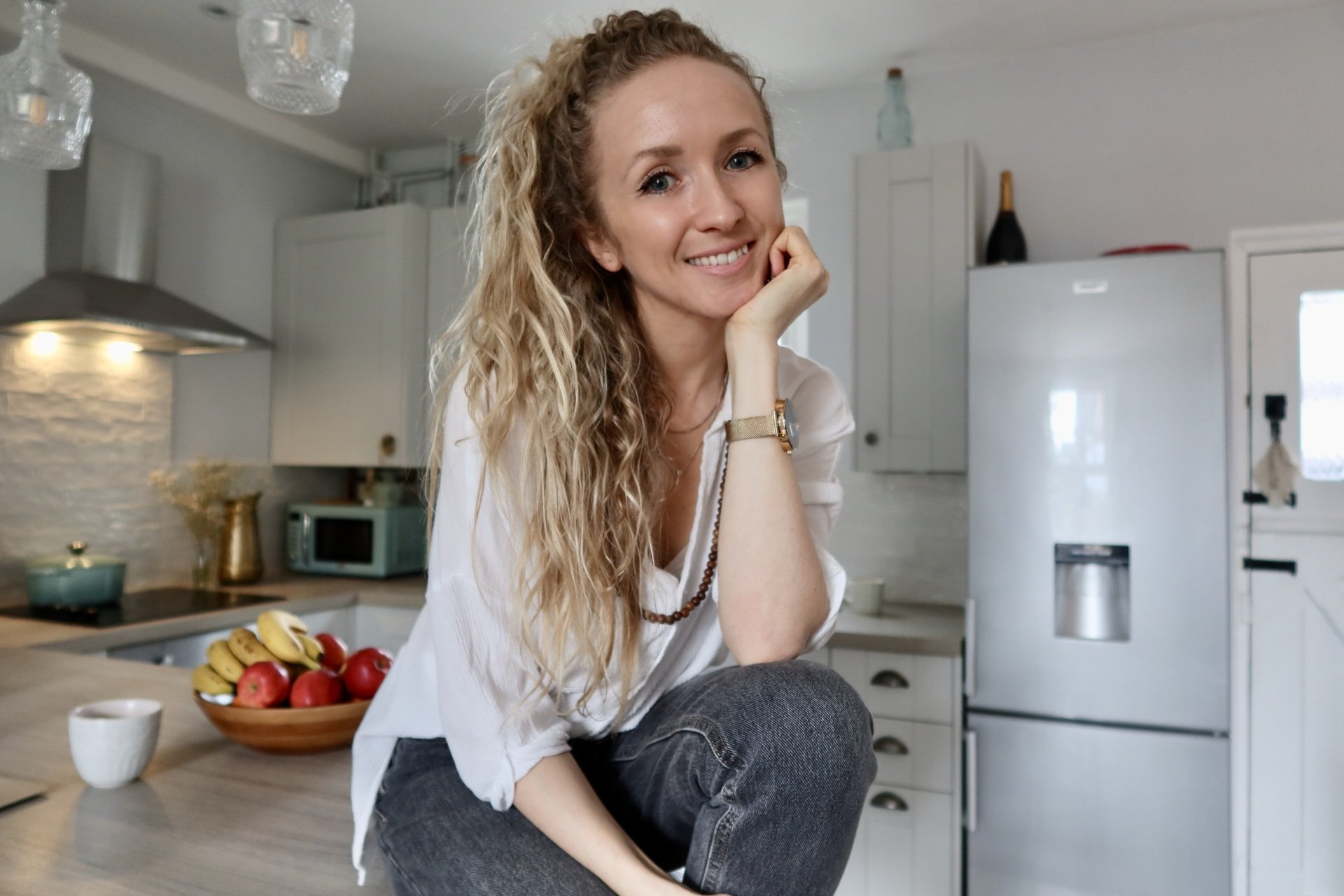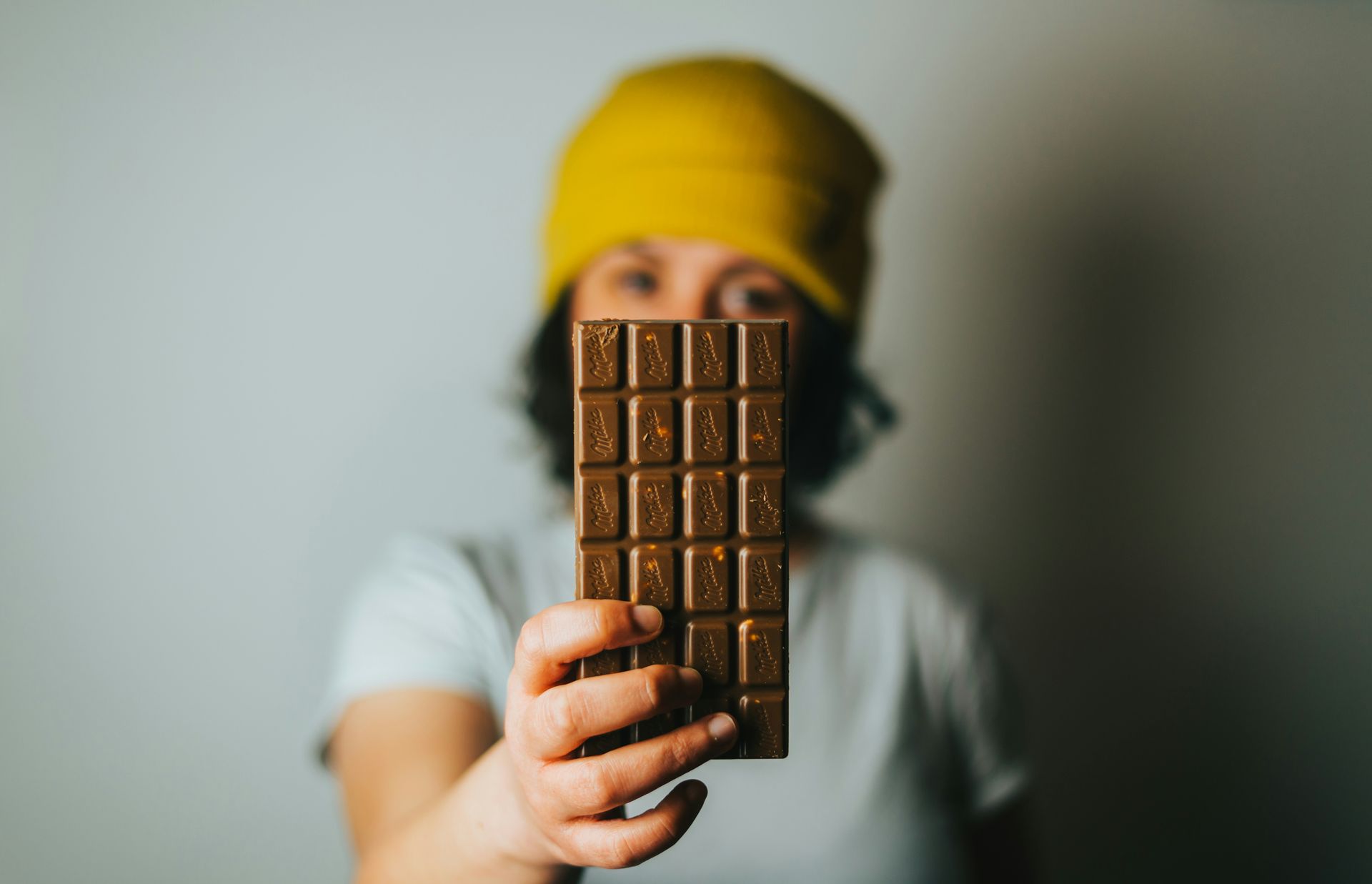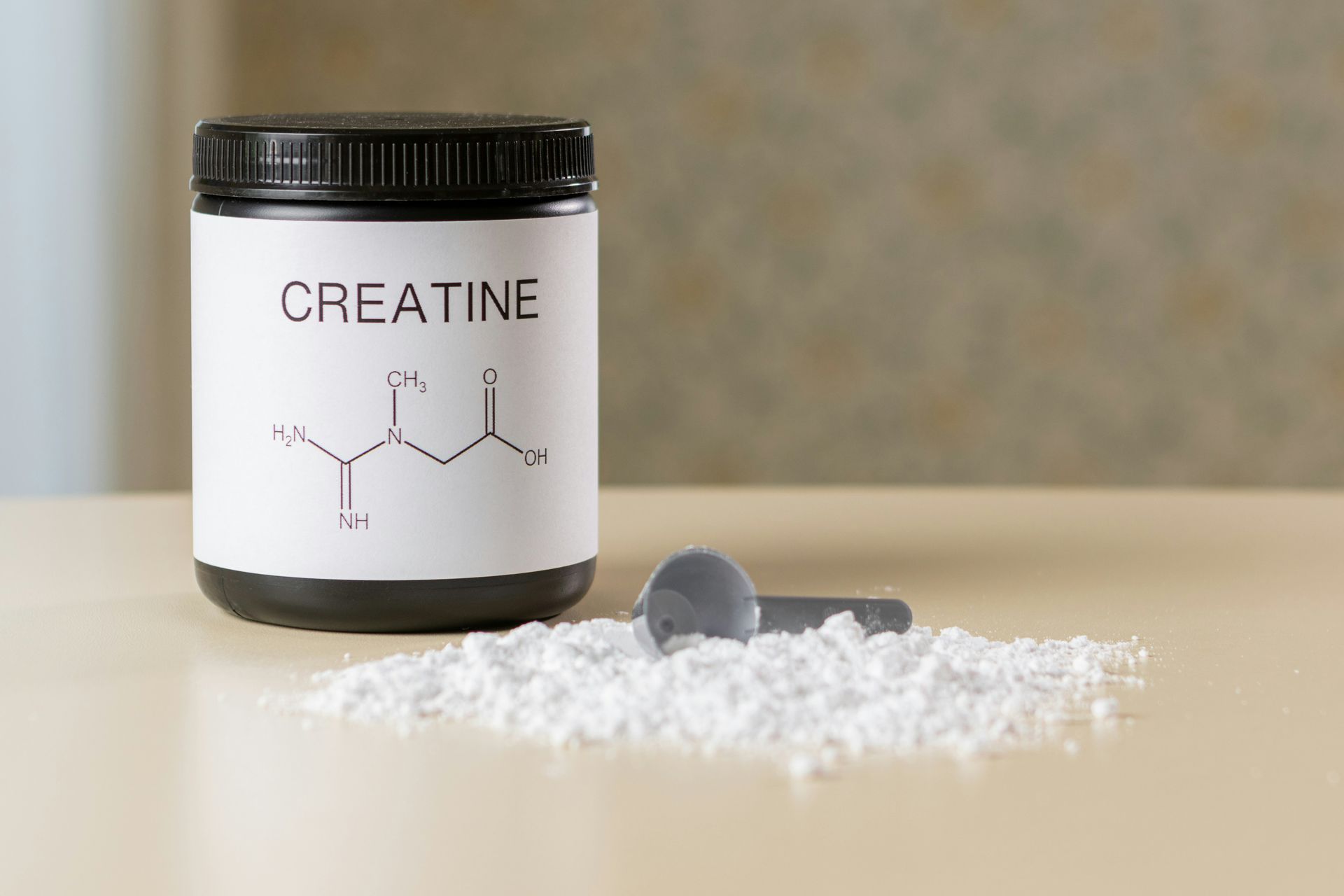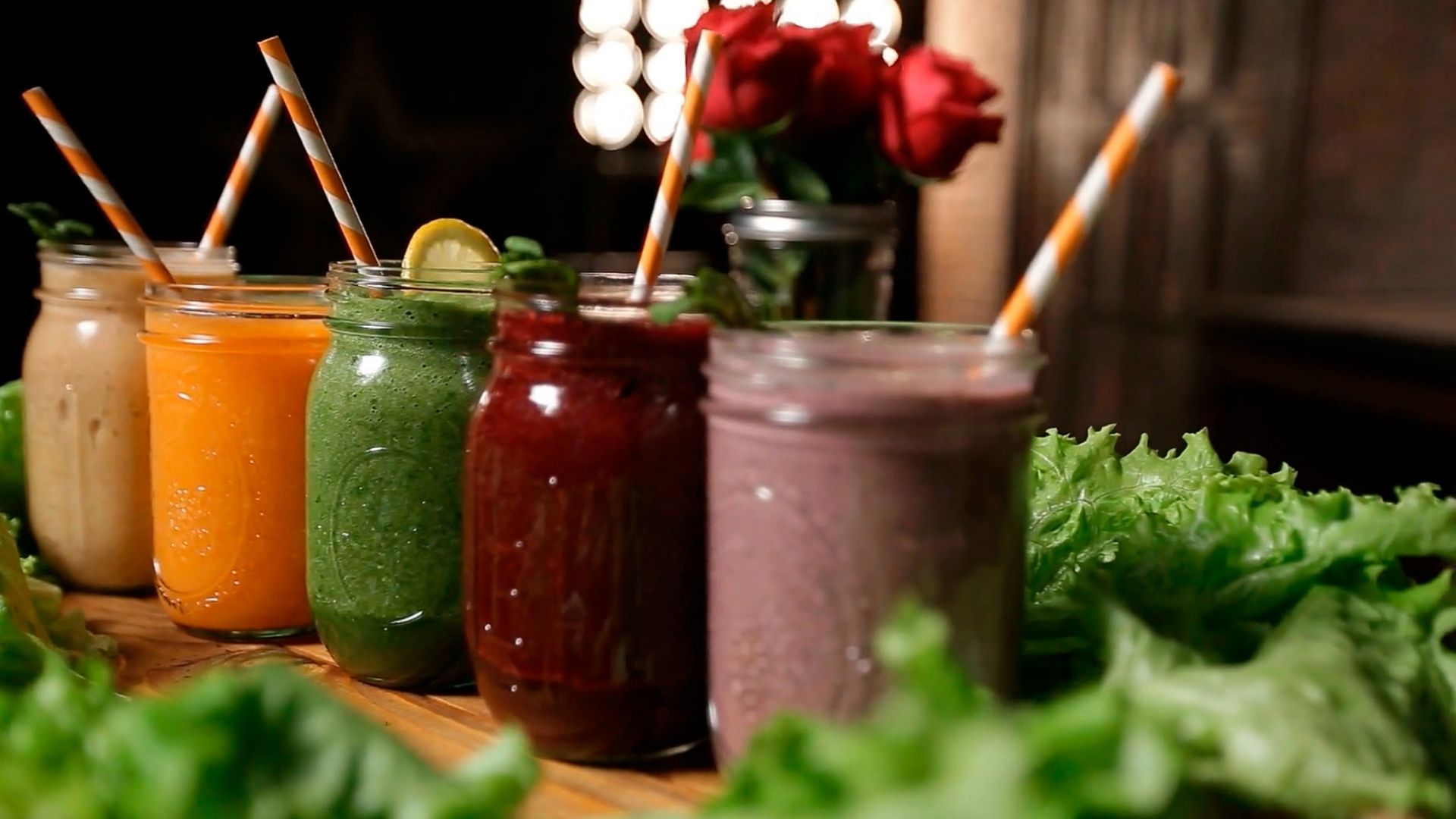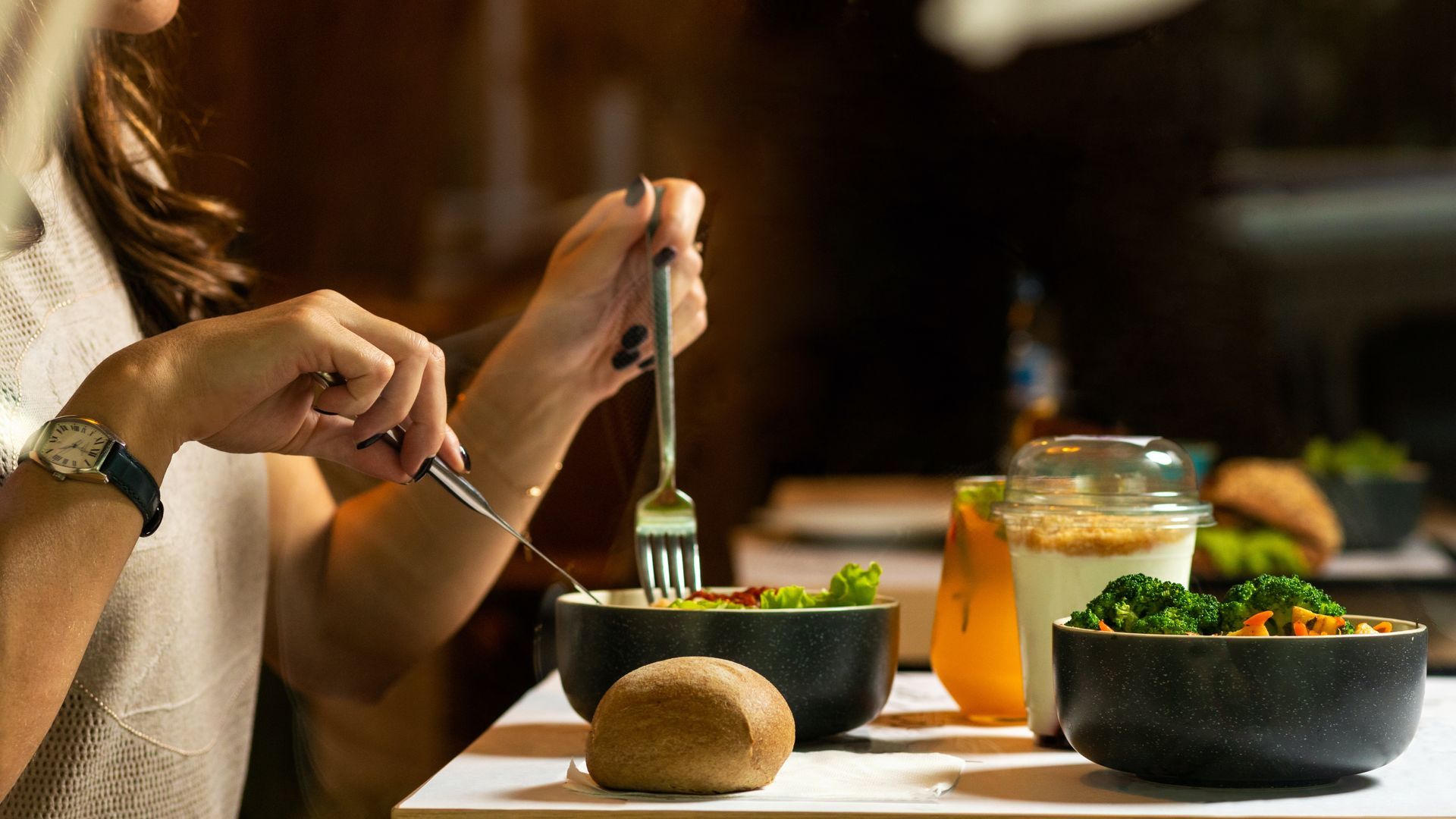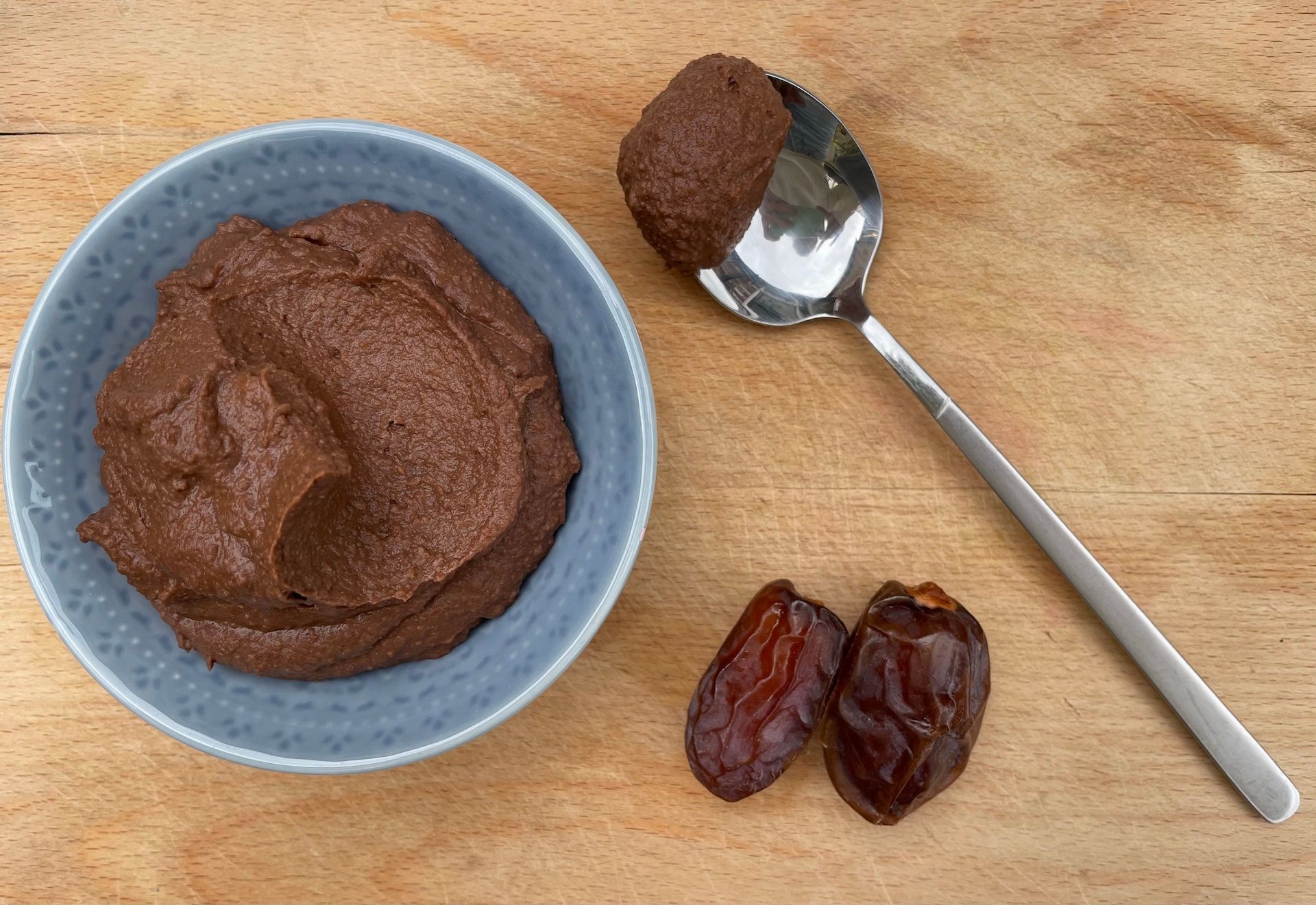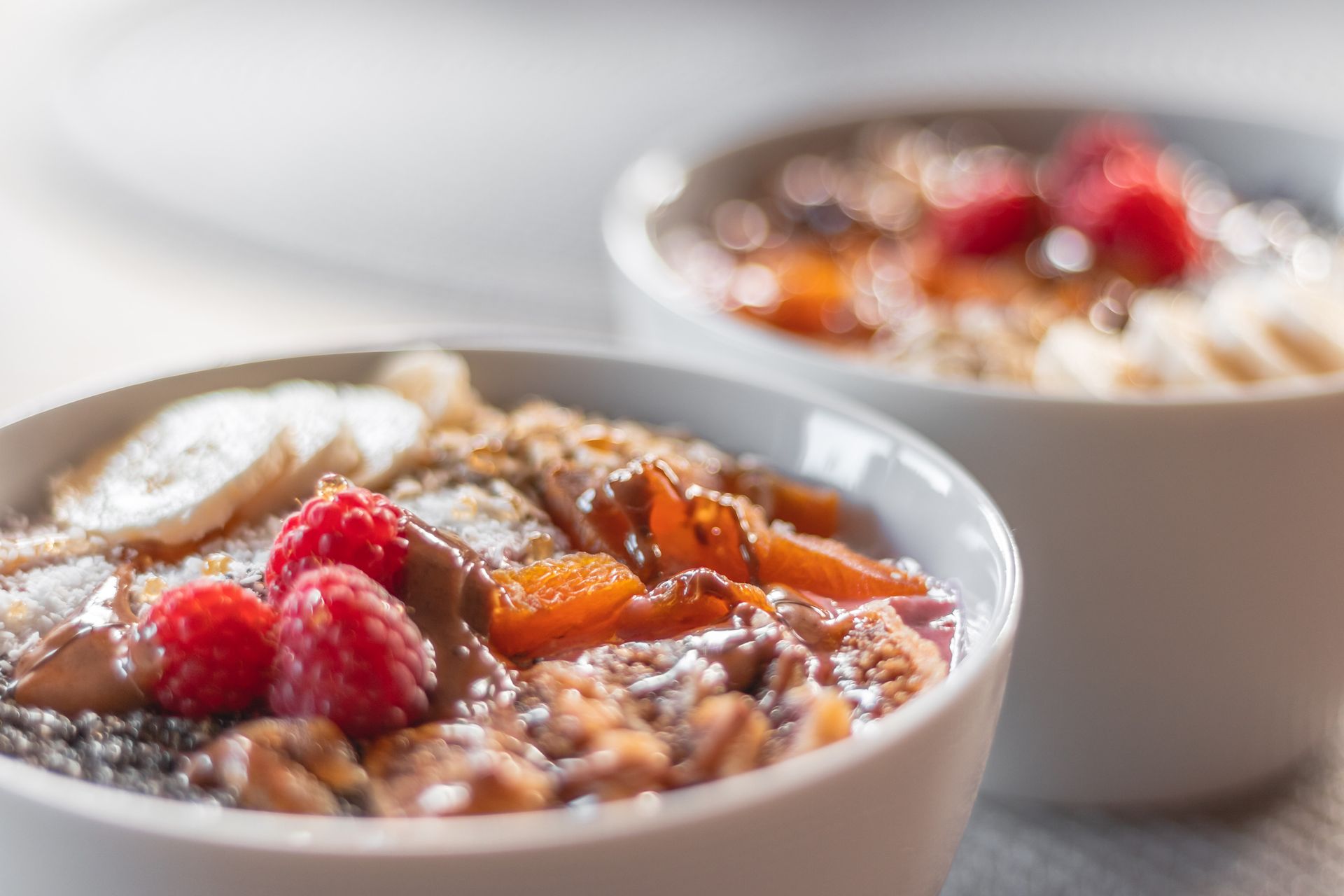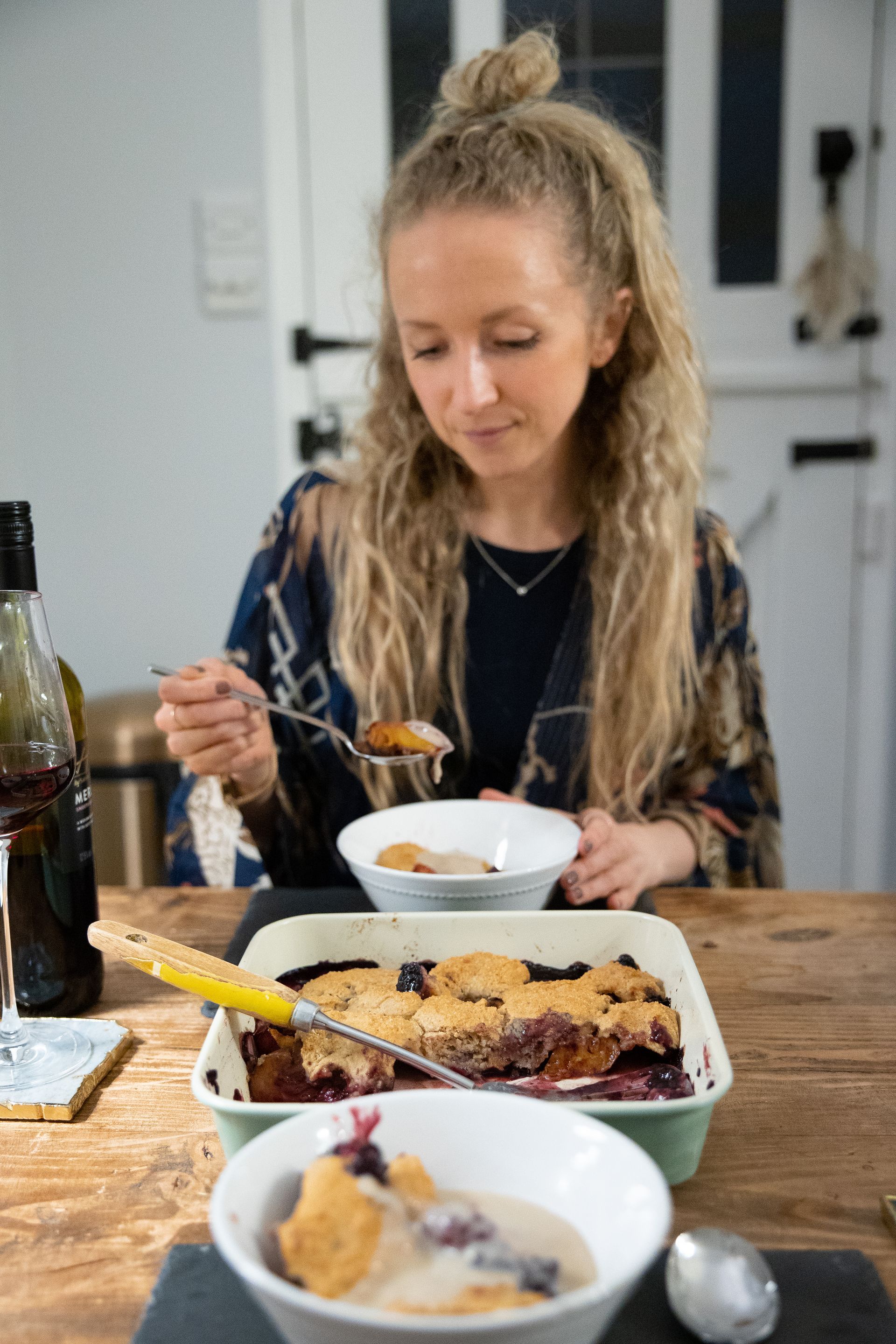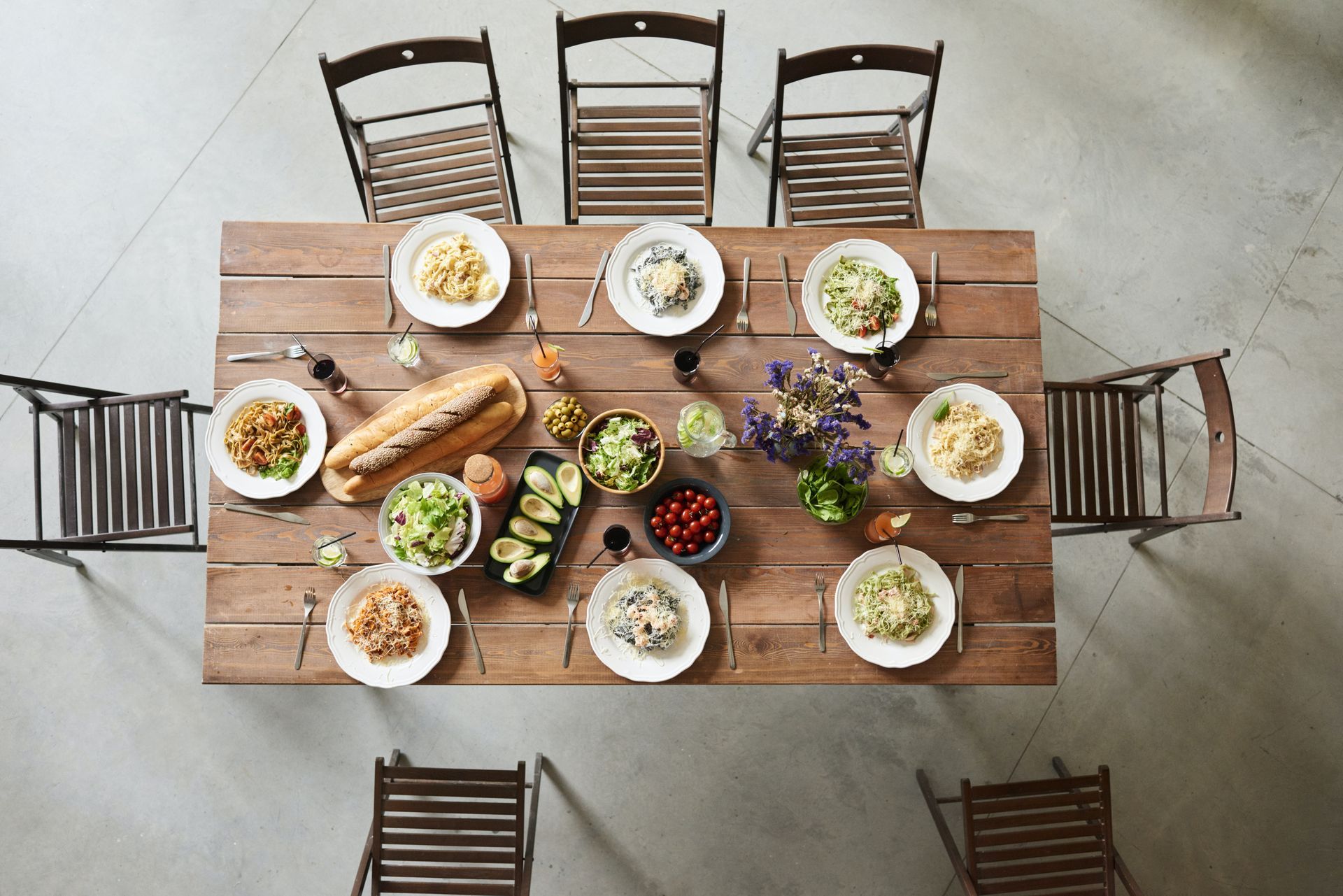Say Hello
Join our newsletter
Join our newsletter
Do Vegans Age Faster?
From the moment we take our first breath, our body starts moving through the bumpy journey of life. However old we are today, we are all ageing.
There is a common idea that removing animal products from your diet will make you age faster, perhaps due to a perceived lack of protein or omega 3 fats from fish. Let’s strip this back. Can our diet and lifestyle really impact ageing? Could cutting out animal products make you look older? Let’s look at what the science says so we can all look and feel our best, no matter what age we are.
What is ageing?
Ageing refers to the build-up of molecular and cellular damage in our bodies over time leading to functional decline and increased risk of disease as we get older. Ageing is inevitable and we cannot stop or reverse it, despite what your new face cream might say (don’t worry, I’ll come onto the good news soon!).
Our aim is to achieve healthy ageing, which is described by the World Health Organisation as ‘the process of developing and maintaining the functional ability that enables wellbeing in older age’.
What can we do about ageing?
The wonderful news is that although poor health is viewed as a normal part of ageing, the choices we make each day have a real impact on delaying the ageing process and protecting us from its effects. In fact, you may be surprised to hear that while our genes play a part in how well we age, they only account for around 25% of the ageing process! This means 75% is a result of our environment, our diet, and our lifestyle; that is powerful, and demonstrates that age really is only a number.
Food contains a variety of nutrients and chemicals that impact our body in either positive or negative ways. Most of us eat several times a day, every day throughout our lives. Food therefore plays a major role in our biological functioning, risk of disease as well as the ageing process.
Veganism and ageing
Veganism is rife with the idea of lacking protein and ageing skin. But is your vegan diet really ageing you?
When it comes to how long we live, vegan studies are limited. This study (1) concludes that vegans and omnivores experience a similar lifespan, but when we look at populations that actively encourage a health-promoting vegan diet, such as seventh day Adventists (2,3), we then see vegan diets protecting us against chronic disease and early death.
These studies highlight that when it comes to our diet, the real consideration we need to make is; is our food health promoting, and are we getting everything we need?
If you are on a more ‘junk food’ or highly processed vegan diet then the answer is no, you are not likely to be protecting yourself from the effects of ageing. If you choose a more whole food, colourful and balanced vegan diet, and you choose your supplements wisely, then yes, you are likely to be giving yourself more protection from disease and supporting healthier ageing.
What ages our skin?
Skin is a hot topic when it comes to ageing, as is it the first indication of how well we may be ageing from the outside. The three main processes involved in how our skin ages are oxidative stress, inflammation, and glycation (4).
Oxidative stress occurs when our bodies produce something called ‘free radicals’ (sounds wild!). These cause damage in our body if we are not able to mop them up with antioxidants. Oxidative stress occurs naturally every day when we breathe and move, but it can be exacerbated with activities such as eating highly processed foods, animal foods, smoking, pollution, and getting too much sunlight. Too much oxidation and not enough antioxidants can result in premature ageing.
Inflammation occurs when the body uses the immune system to protect itself from damage or disease. This is very helpful in the short term when you cut your finger or have a cold, but unhelpful in the long-term; an unhealthy diet and lifestyle promotes an ongoing background level of inflammation that promotes ageing and disease.
Glycation occurs when sugar molecules bond to protein, lipids or nucleic acids in our body resulting in products known as advanced glycation end products (AGEs). These play a role in skin ageing through their impact on collagen and elastin fibers that provide the structural framework, elasticity, and resilience of the skin. Glycation also promotes both oxidation and inflammation.
How can we protect our skin from ageing?
Our skin is our largest organ and is constantly under attack from UV sunlight, microbes, temperature variation, irritants, physical impact, and allergens. Skin therefore has a variety of mechanisms built for defence and repair. What we feed ourselves can support the skin’s ability to do this.
As discussed, antioxidants are an important defender against free radicals. Plant foods have been found to be on average 64 times higher in antioxidants than animal foods (5). Eating entirely plant foods maximises the antioxidants we are consuming, like beta-carotene, vitamin C, vitamin E and selenium. Other dietary antioxidants are provided from green tea polyphenols and cocoa flavanols. The most antioxidants-rich foods out there include herbs and spices, berries, artichokes, coffee, dark chocolate, and pecans.
A plant-based diet is also an anti-inflammatory diet. Some specific phytochemicals have been found to reduce inflammation, such as those in turmeric, cloves, ginger, and garlic. Dietary patterns that favour plant foods have been found to have anti-inflammatory effects, for example the well-studied Mediterranean diet (6).
When it comes to glycation, we can make dietary changes to limit AGEs-related damage in three ways. First, we can limit blood sugar spikes with a balanced and high-fibre diet. Second, we can limit glycation by increasing intake of antioxidant foods including cinnamon, garlic, rosemary, and tomato paste (amongst others). Finally, we can reduce dietary AGEs by reducing or eliminating specific foods. Meat products and cheeses contain high levels of dietary AGEs, as well as animal foods that are dry cooked at high temperatures. Interestingly, whole plant foods appear to remain low in AGEs even with cooking. Lemon juice and vinegar also appear to reduce AGE formation when added prior to cooking.
What about supplements?
I would love to advise everyone to take a specific supplement to slow the effects of ageing, but that is totally unrealistic. Even supplementing with high-dose antioxidants does not appear to be effective and may even be harmful. The best way to get what you need is through a balance of whole plant foods in your favourite recipes.
When it comes to collagen, there are some vegan versions popping up on the market that are made from yeast and bacteria. Unfortunately, we just don’t have the science to show they have any true effect on our skin, and they can be an expensive investment. When it comes to collagen, it is more worthwhile to spend your money on foods containing nutrients that support maintenance and repair of your own collagen, such as fruits, beans, soya, flaxseeds, and walnuts. These provide vitamin C, protein and essential fatty acids that support collagen and skin health. Read more about nutrients for skin health here.
So, what’s my advice?
A vegan diet does not automatically mean that you will age faster or slower than anyone else. A balanced plant-based diet is however protective against premature ageing. Plant foods have a beneficial influence on the main processes that promote ageing; oxidation, inflammation and glycation. Plant foods are protective through their antioxidant and fibre content, as well as reduced AGEs content.
My advice is to choose whole, plant foods, with a range of fruit and vegetables, wholegrains, beans, lentils, nuts and seeds, and use lots of herbs and spices in your cooking. If you already eat this way, including foods with a higher concentration of antioxidants may also be beneficial including rich-coloured berries, green tea, and cacao. Other ways to reduce the signs of ageing include staying out of the summer sun to reduce UV rays, not smoking, limiting alcohol and caffeine, as well as getting good sleep, regular activity including strength-based movements, managing stress with relaxation, and nurturing good quality relationships.
If you’d like to know more about living a longer and healthier life, you may find research into the ‘Blue Zones’ interesting. Find out more about the Blue Zones here. If you’re ready to get started with a free 7-day healthy, plant-based meal plan, you can download it now by signing up to my mailing list here. More meal plans are also available in my shop.
Free 60 Minute Live Masterclass
The 3 Secrets to Banish Cravings and Lose Weight on a Plant-Based Diet
With Expert UK Dietitian Rosie Martin
May 14th - 11am and 8pm
Hello! I'm Rosie, a vegan and plant-based registered dietitian, I work in the NHS and I am founder of Rosemary Nutrition & Dietetics.
If you want more from me, sign up to my mailing to list via the contact page to receive a free 7 day meal plan with recipes and a shopping list, plus extra freebies via email.
You can contact me at
rosie@rosemarynutrition.co.uk or follow me on Instagram at
@plantdietitianrosie.
